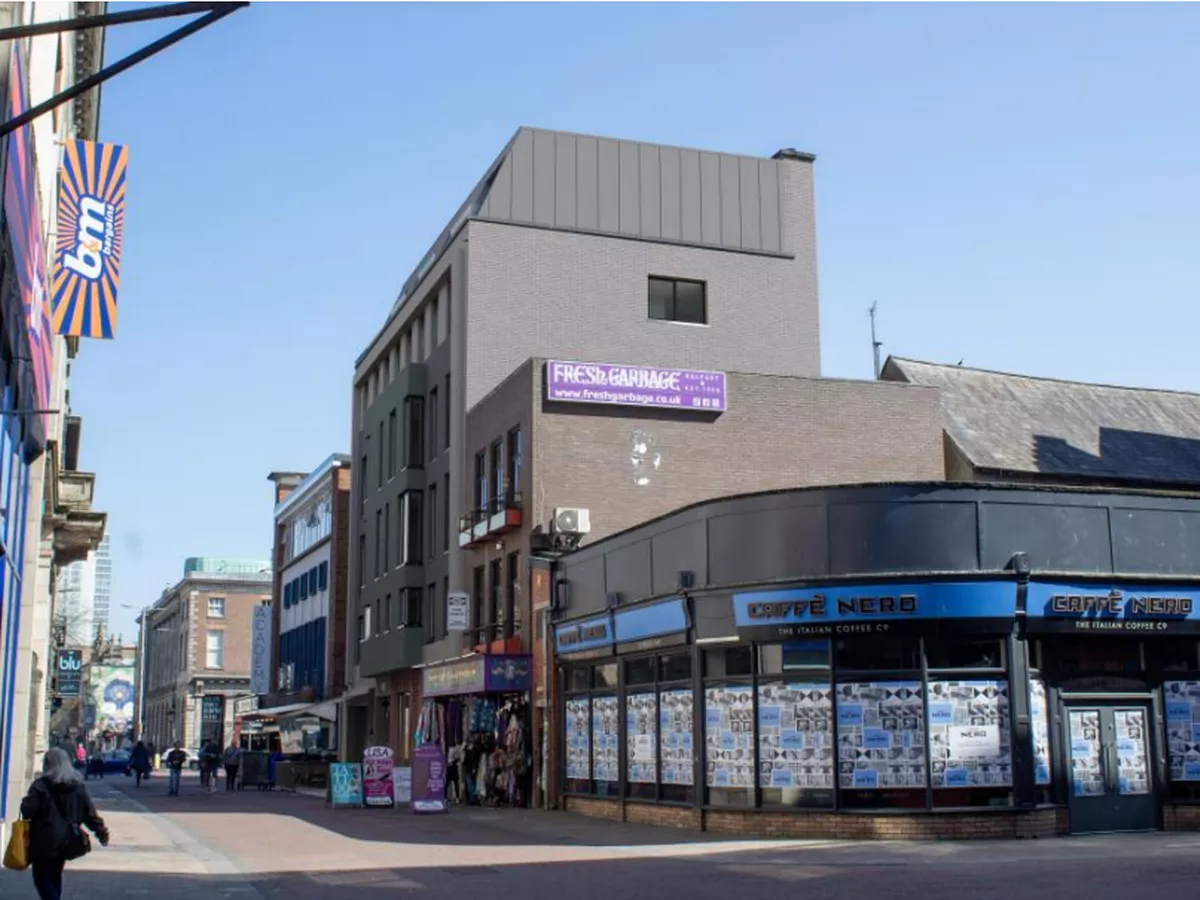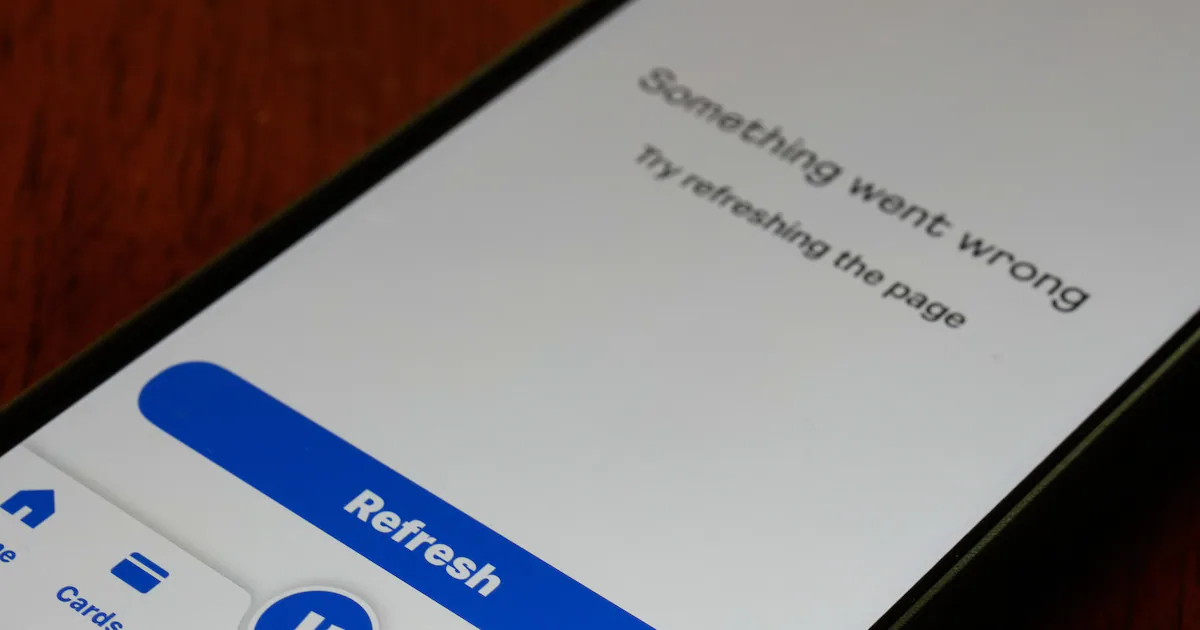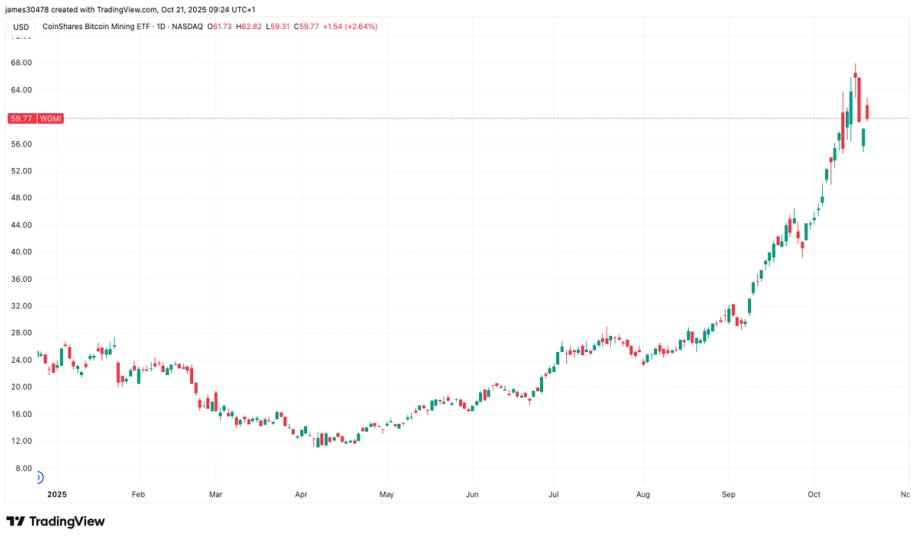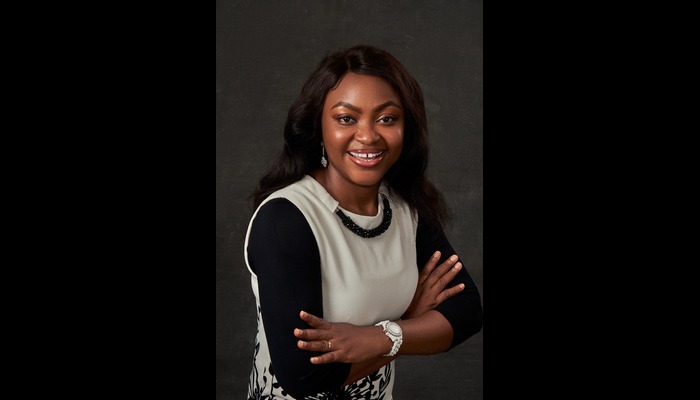Copyright Arkansas Online
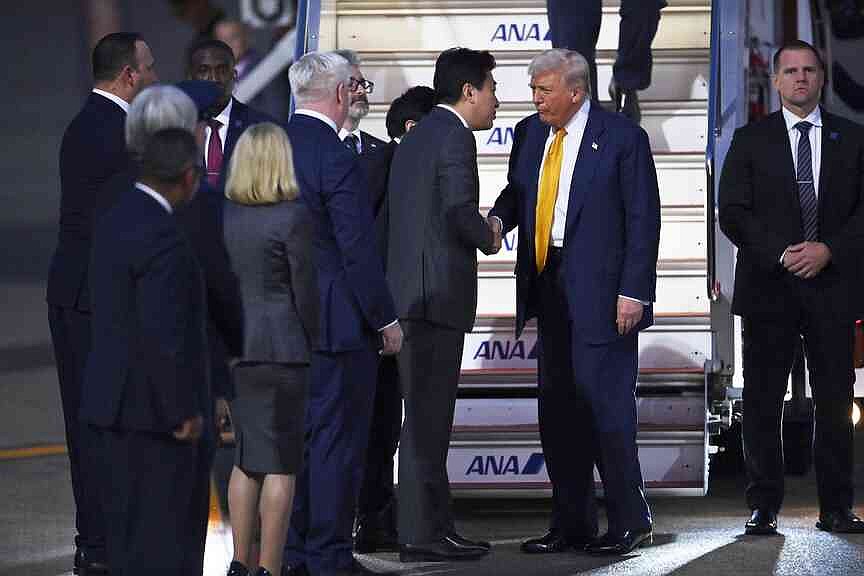
TOKYO -- President Donald Trump opened his visit to Japan on Monday with greetings from the emperor a day before he meets new Prime Minister Sanae Takaichi, who is banking on building a friendly personal relationship with the U.S. leader to ease trade tensions. One key to this strategy might lie in an idea floated by Japan's government to buy a fleet of Ford F-150 trucks, a meaningful gesture that may also be impractical given the narrow streets in Tokyo and other Japanese cities. It's an early diplomatic test for Takaichi, the first woman to lead Japan. She took office only last week, and has a tenuous coalition backing her. Trump instantly bought into the idea of Ford trucks as he flew to Asia aboard Air Force One. "She has good taste," Trump told reporters. "That's a hot truck." Japanese Emperor Naruhito welcomed Trump at the Imperial Palace after the president's arrival and the two spoke for about 30 minutes. Trump straightened his jacket as he stood next to Naruhito for photos before sitting across a round table, with flowers in the middle, for their talks. "A great man!" he said twice while pointing to the emperor. Trump last saw the emperor in 2019, soon after Naruhito ascended the Chrysanthemum Throne, becoming the first foreign dignitary invited to the palace. Trump and Takaichi spoke over the phone while the president was mid-flight on Saturday. Takaichi stressed her status as a protege of the late Prime Minister Shinzo Abe, a favorite of Trump's from his first term, and said she praised him for brokering the Gaza ceasefire that led to the return of hostages held by Hamas. "I thought (Trump) is a very cheerful and fun person," she said. "He well recognizes me and said he remembers me as a politician whom (former) Prime Minister Abe really cared about," she added. "And I told the president that I extremely look forward to welcoming him in Tokyo." Trump spent Sunday in Malaysia, where he participated in a regional summit, and departed Monday morning for Japan. While on Air Force One on Monday, he said he planned to talk in Tokyo about the "great friendship" between the U.S. and Japan. Beneath the hospitality is the search for a strategy to navigate the increasingly complex trade relationship that Trump shook up earlier this year with tariffs. Trump wants allies to buy more American goods and also make financial commitments to build factories and energy infrastructure in the U.S. The meetings in Japan come before Trump's sit-down with Chinese leader Xi Jinping on Thursday in South Korea. The U.S. and Japan have sought to limit China's manufacturing ambitions, as the emergence of Chinese electric vehicles, artificial intelligence and advanced computer chips could undermine the American and Japanese economies. "In light of the planned meeting between Trump and Xi Jinping shortly afterward, Trump may also be considering how he might strengthen his hand by demonstrating the robustness of the U.S.-Japan relationship," said Kristi Govella, Japan chair at the Center for Strategic and International Studies, a Washington think tank. Japan's previous administration agreed in September to invest $550 billion in the U.S., which led Trump to trim a threatened 25% tariff on Japanese goods to 15%. But Japan wants the investments to favor Japanese vendors and contractors. Japan's economy and trade minister, Ryosei Akazawa, has said his ministry is compiling a list of projects in computer chips and energy to try to meet the investment target. "As far as I know, I'm hearing that there are a number of Japanese companies that are showing interest," he told reporters Friday, though he did not give further details. Japanese officials are looking at the possibility of buying more American soybeans, liquefied natural gas and autos. The U.S.-China trade conflict has shut American soybeans out of the Chinese market, leading China to seek more Brazilian supply. China reported no U.S. soybean imports in September, a first since November 2018. For Trump, the prospect of Ford trucks in the skyscrapered streets of Tokyo would be a win. The administration has long complained that American vehicles were being shut out of a market that is the home of Toyota, Honda, Nissan, Isuzu, Mitsubishi and Subaru. In a September interview on CNBC, Commerce Secretary Howard Lutnick said Japan wouldn't buy U.S.-branded vehicles because "Chevys" were popular with Japanese gangsters. Takaichi may arrange for Ford F-150 trucks to be showcased in a place Trump gets to see them, Japan's Nikkei newspaper reported. The government is considering importing the trucks for its transport ministry to use for inspecting roads and infrastructure, though there are concerns that the F-150 could cause congestion on narrow Japanese streets. "We appreciate President Trump's advocating for American-made products," said Ford spokesperson Dave Tovar. "We would be excited to introduce America's best-selling truck to work and government customers in Japan." Japanese media have reported that Toyota Motor Corp. Chairman Akio Toyoda could announce plans to import his company's American-made cars back to Japan during a dinner with Trump and other business leaders on Wednesday. The gestures -- combined with Takaichi's connection to Abe -- should help her deal with Trump, who seems predisposed to like her. "I think she's going to be great," Trump said aboard Air Force One. "She's a great friend of Mr. Abe, who was a great man." In 2016, Abe gave Trump a high-end golf club to celebrate his first election, and the leaders bonded over their love of golf. Trump often expresses sadness about Abe's 2022 assassination. But there are risks for Takaichi in emphasizing her ties to Abe, said Rintaro Nishimura, who specializes in Japan at the advisory firm The Asia Group. "Because it's Takaichi's first diplomatic engagement I think she wants to start with sort of a bang," Nishimura said. "Succeeding the Abe-line rhetoric is definitely going to be part of this engagement, although some also suggest that leaning too heavily on the Abe line might not exactly be good for her for creating her own kind of portfolio, her status as Japan's leader." After his meeting with Takaichi on Tuesday, Trump will give a speech aboard the USS George Washington aircraft carrier anchored in Japan, then hold a dinner with business leaders. Trump plans to leave for South Korea on Wednesday. But aboard Air Force One on Monday, he told reporters that he was also ready to meet with North Korean leader Kim Jong Un, should that be an option. "If he wants to meet, I'll be in South Korea," Trump said. 'POSITIVE SIGNAL' U.S. Treasury Secretary Scott Bessent spoke favorably of Takaichi's expansionary fiscal stance, telling his counterpart Satsuki Katayama that it appears to be contributing to record stock gains in Tokyo. "Bessent told me that 'Sanaenomics,' which carries on the spirit of Abenomics, seems to be working well and sending a very positive signal," Katayama told reporters Monday after their first in-person meeting. The talks followed a brief phone call last week, shortly after Katayama's appointment as Japan's first female finance minister. "It's an honor to be here on the day it went over 50,000," Bessent told Katayama at the opening of the talks, referring to the Nikkei 225. The stock index closed at a record high earlier in the day. The two finance officials didn't get into the specifics of monetary policy or the finer details of a U.S.-Japan joint statement on foreign exchange signed in September, she added. Katayama's characterization of Bessent's comments offered a positive view of Japan's expansionary fiscal policy under Takaichi, who officially became prime minister last week. That may have come as a relief for policymakers in Tokyo amid concerns Bessent might touch on the weak yen. Takaichi's reputation for a pro-stimulus stance favoring looser fiscal policy and easy monetary policy has raised concerns among investors about Japan's finances, putting pressure on both the yen and long-term yields. At the same time, weakness in the currency, which can help exporters' earnings, and the prospect of more fiscal support have helped boost stock prices. Bessent has at times commented on currency trends and Bank of Japan policy. Earlier this month, he reportedly said on the sidelines of the International Monetary Fund annual meetings that the yen would settle at an appropriate level if the BOJ continued to conduct the right policy. In August, he indirectly called for a rate hike, maintaining that Japan's central bank had fallen behind the curve in addressing inflation. The BOJ meets later this week and is widely expected to keep interest rates on hold given the domestic political uncertainty of recent weeks. But it is seen raising borrowing costs again in the coming months. Given ongoing weakness in the yen that can be viewed as giving Japanese exporters an unfair competitive advantage relative to U.S. peers, Bessent and Katayama had been expected to talk about currency issues. The yen weakened beyond the 153-per-dollar threshold earlier Monday to briefly hit 153.26 before regaining ground to hover around 152.84 in the evening in Tokyo. In September, Bessent signed an agreement on currency with Katayama's predecessor, Katsunobu Kato, that reiterated the nations' shared commitment to let markets determine exchange rates and avoid targeting currencies for competitive advantage. On Monday, the two finance chiefs also touched on sanctions on Russia, Katayama said, while refraining from commenting on the details. The U.S. is ramping up efforts to curb Moscow's energy sales -- its main source of funding for the war in Ukraine. When Bessent met Kato earlier this month in Washington, he urged his Japanese counterpart to halt energy imports from Russia. Japan has said it doesn't plan to stop buying Russian liquefied natural gas, citing energy-security concerns. The country sourced about 8% of its LNG imports from Russia last year. Bessent arrived in Tokyo from Malaysia with Trump and other senior officials as a part of their Asia tour. Bessent visited Japan just over three months ago, when he traveled to Osaka for the World Expo. Information for this article was contributed by Josh Boak, Mari Yamaguchi and Chris Megerian of The Associated Press and by Erica Yokoyama of Bloomberg (WPNS).
